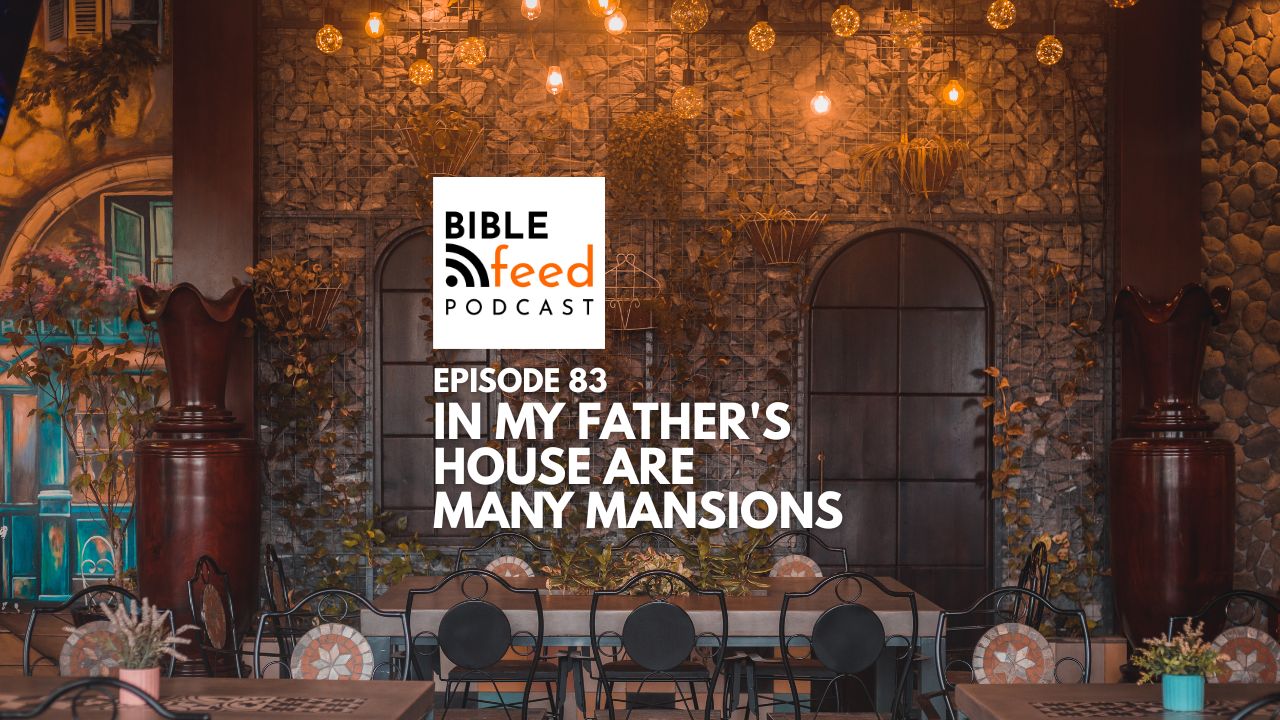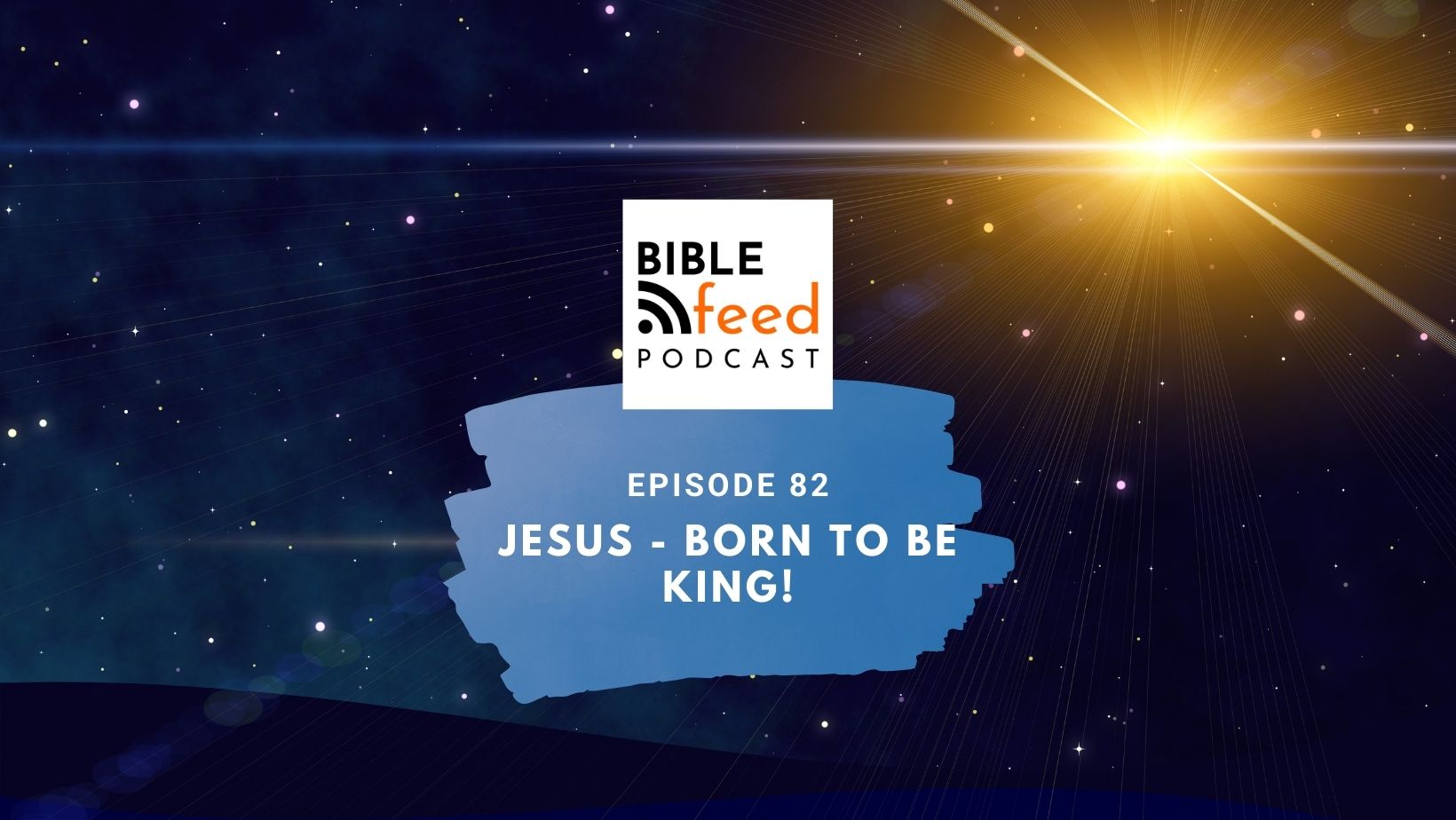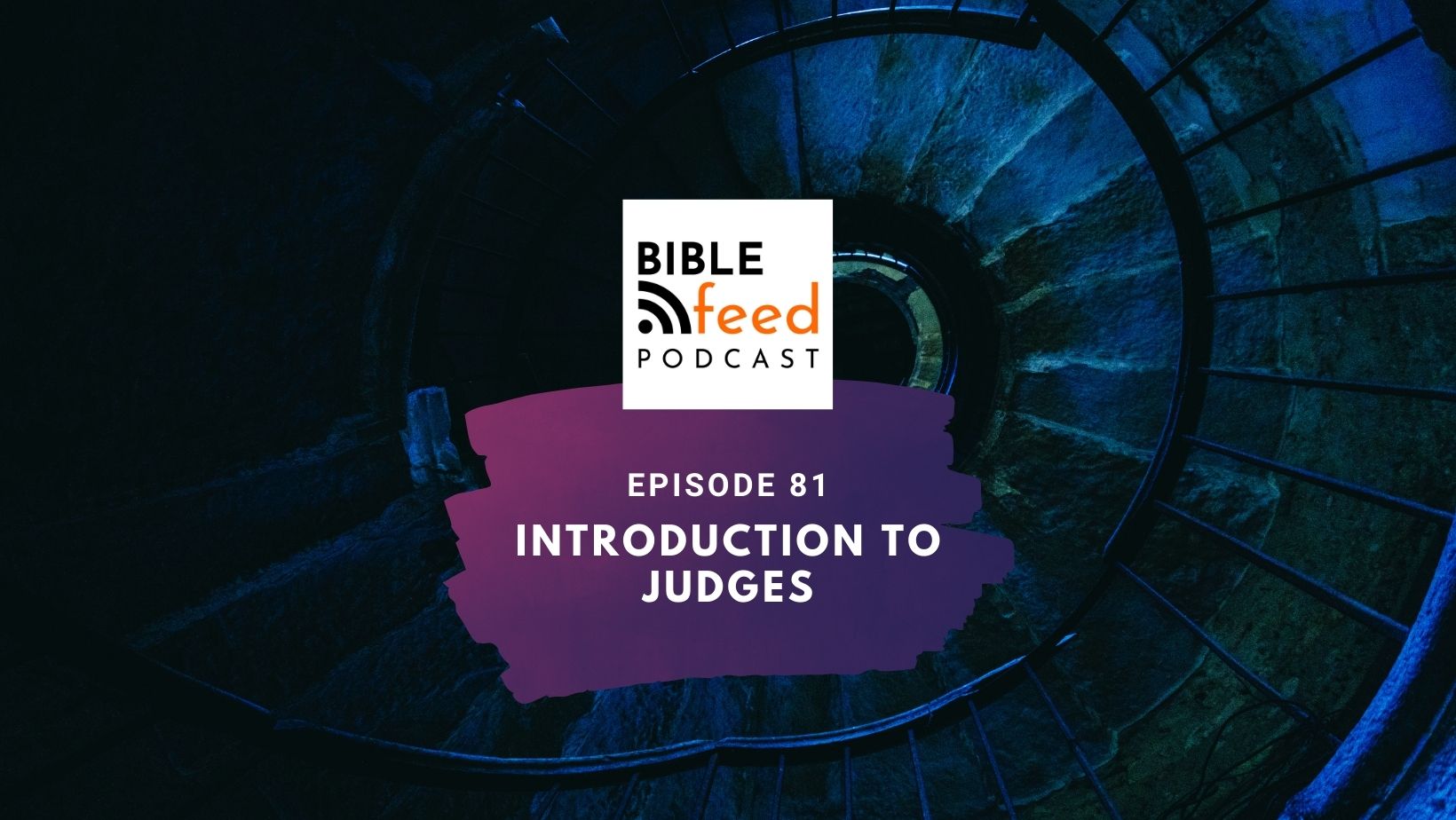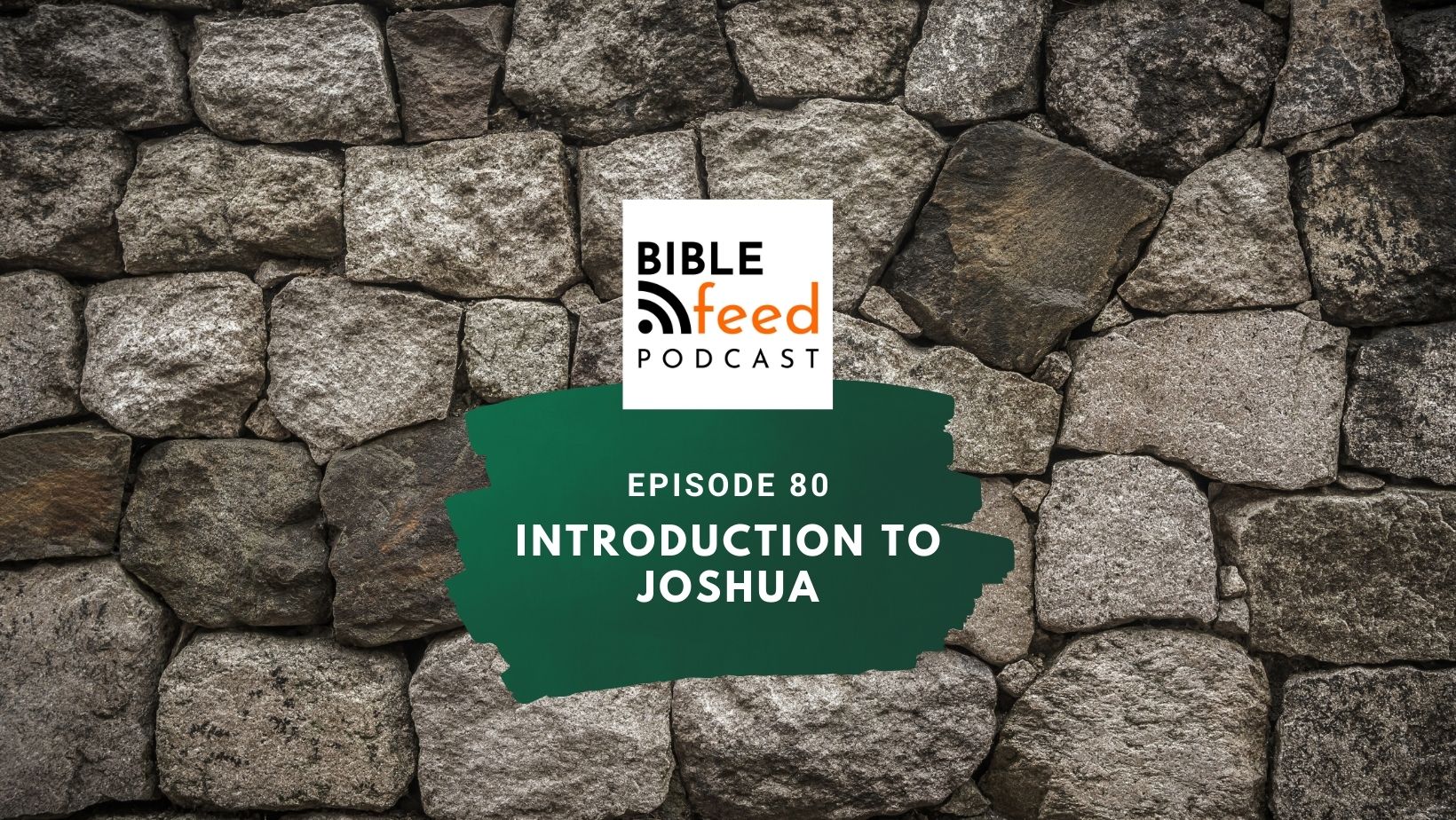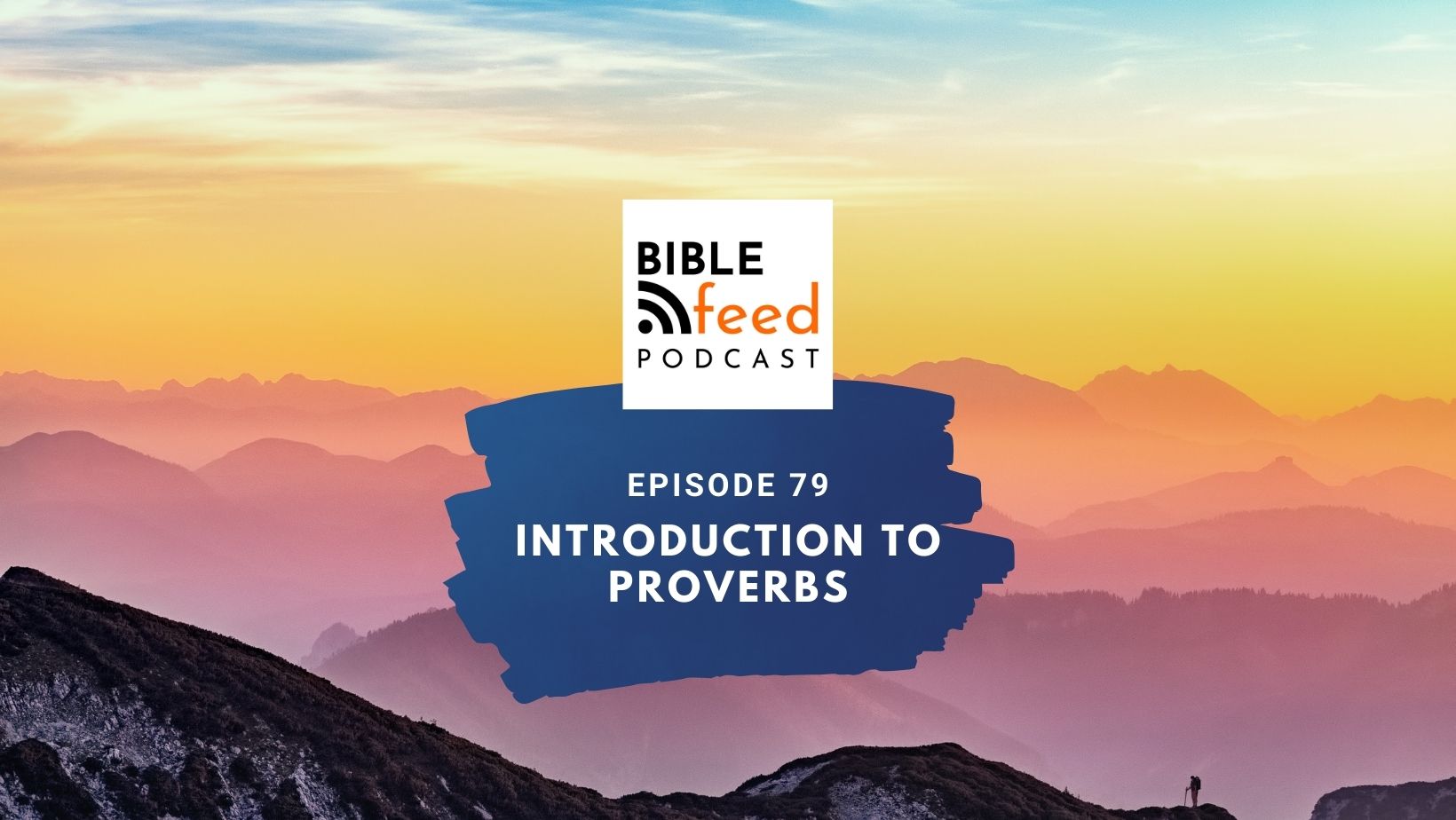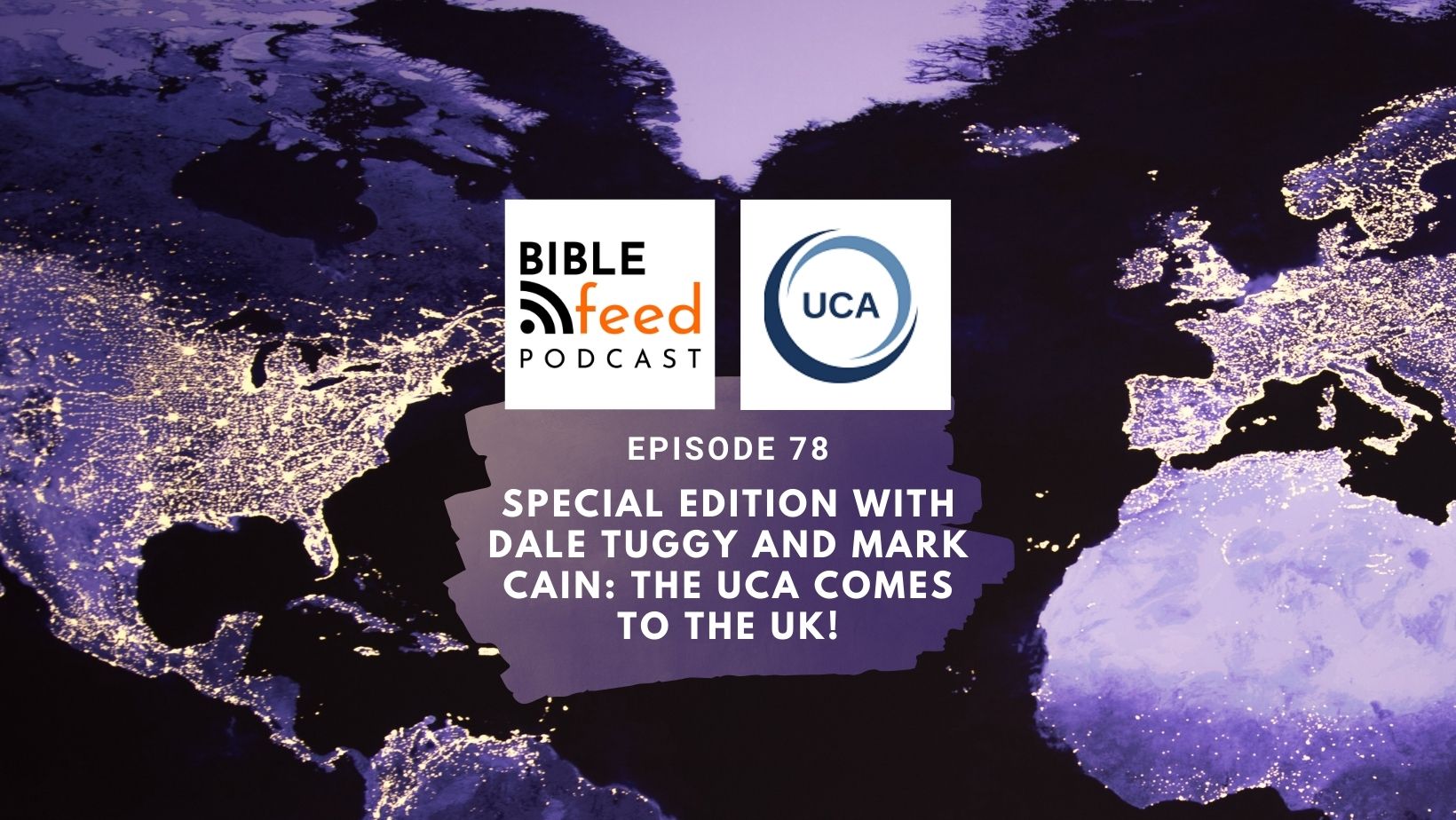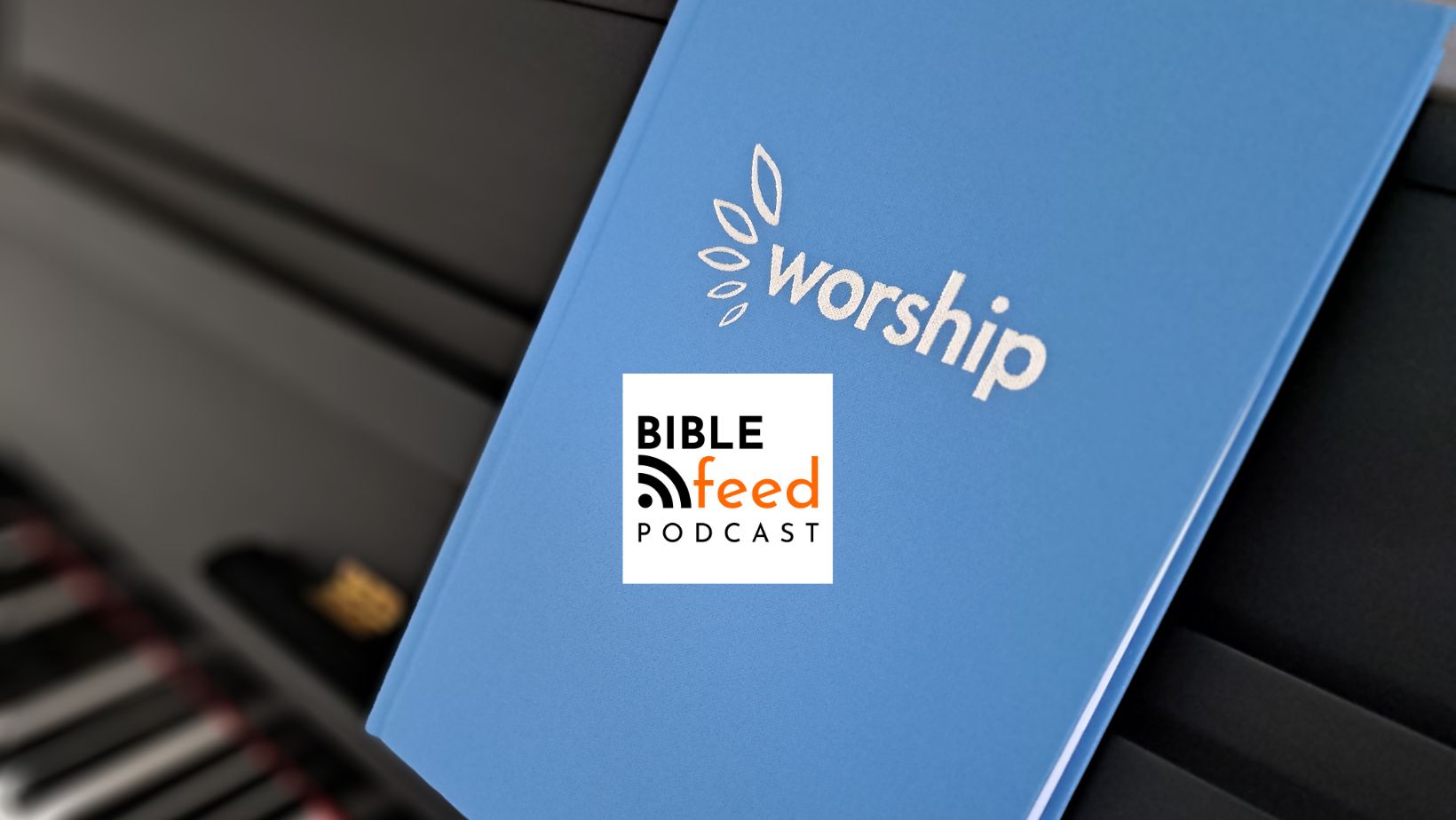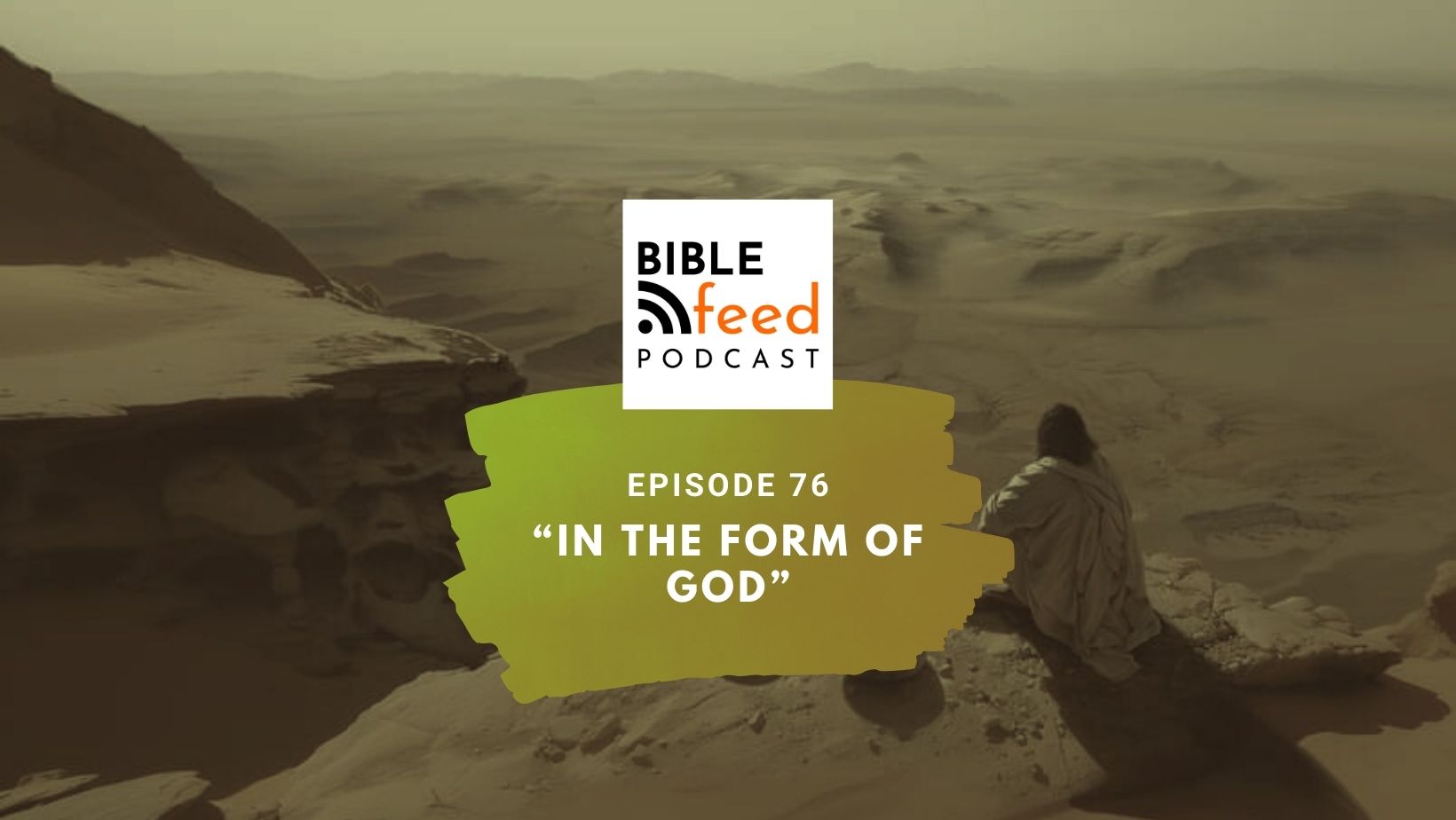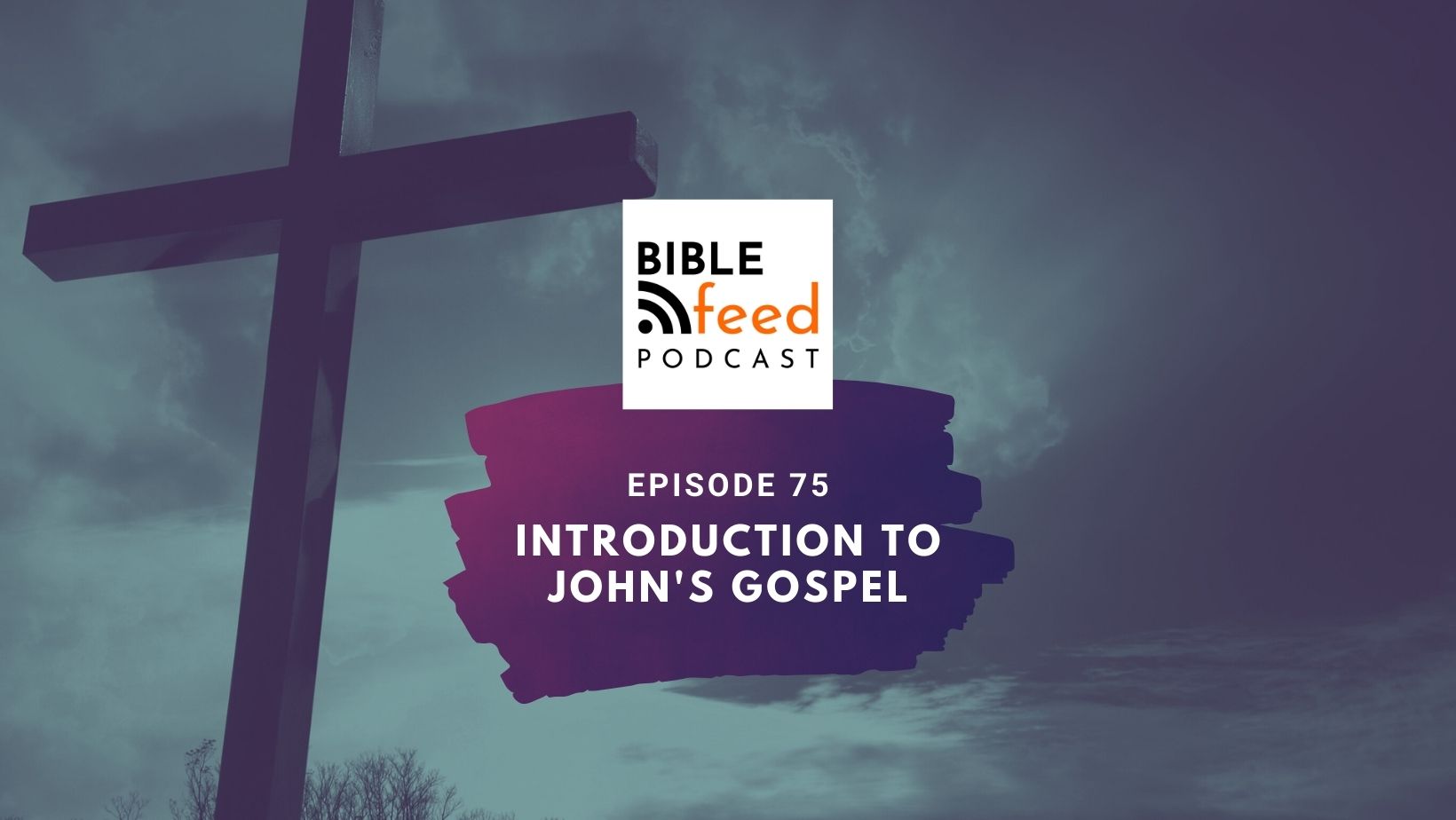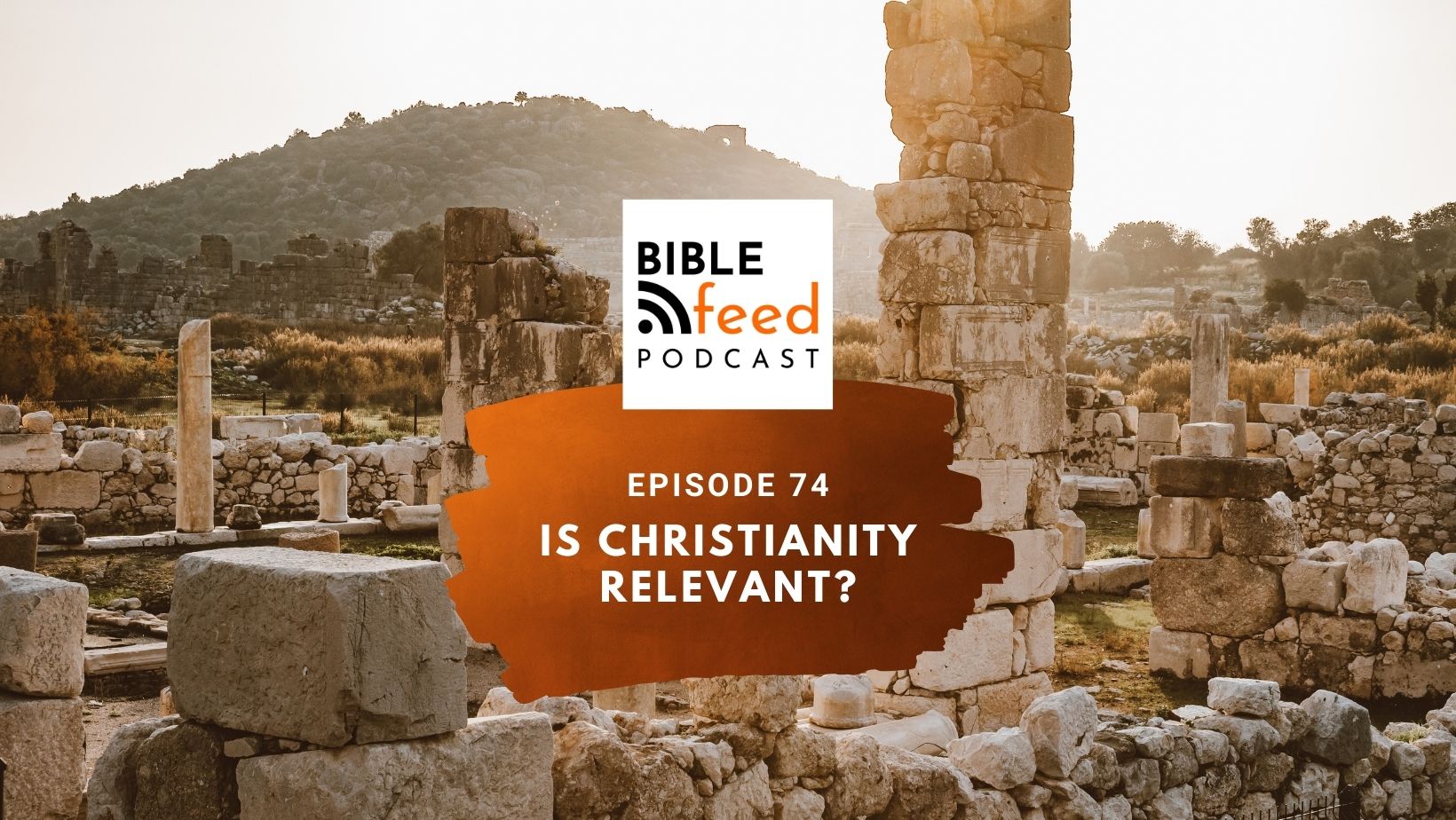Paul and Dan return after a hiatus to provide an in-depth exploration of John 14:2. The episode discusses how the verse 'In my Father's house are many mansions' has been traditionally interpreted and suggests an alternative meaning that is related to the Jewish concepts of a temple and heaven. This reveals a profoundly comforting understanding of how Jesus enables a renewed, spiritually rich life for his followers, with a living relationship with God, rather than a literal journey to heaven.
We delve into the fascinating historical context surrounding the birth of Jesus, who was born to be king, through the tumultuous world of King Herod and the Roman Caesars. Discover how Jesus' birth and teachings presented a radical departure from the totalitarian and often brutal reigns of worldly kings. This Christmas-themed podcast reveals the profound differences between the kings of men and the king who was laid in a manger. Tune in to explore the themes of humility, justice, and divine kingship that continue to inspire and challenge us today.
The book of Joshua is difficult and sometimes controversial. By examining its structure and themes that lead us to some surprising key characters, like Rahab and the Gibeonites, we discuss the moral and historical complexities in this introduction to the book of Joshua.
Laurence and Paul try to make the book of Proverbs, in the Old Testament, easier to read. By breaking down its seven distinct sections, from fatherly advice to the young, through to reflections at the end of life, they aim to make Proverbs more accessible and meaningful. They also think about how Proverbs relates to other ancient wisdom literature and finish up by testing Laurence on his ability to recognise types of parallelisms!
Paul and Dan talk with Dale Tuggy and Mark Cain to find out about all the work they do with the Unitarian Christian Alliance (UCA) including their upcoming first conference outside the US to be held in Windsor, London 25 July 2024. They also discuss how increasing numbers of people are coming to understand the Biblical God, rather than one of the many 'trinity theories'. Learn more about how you can help the growing network of people coming to a Biblical understanding of God and his son Jesus!
We speak to Rachel Hocking from Brisbane, Australia about the latest Worship Book, a collection of "Psalms, hymns, and spiritual songs" crafted by members of the Christadelphian community. We discuss the blend of traditional and contemporary styles, the distinctive doctrines highlighted in song, and how this project is an exciting window into the global Christadelphian church.
In this episode, instead of a high level overview, we delve deep into one complex and much debated passage in Philippians 2 which says that Jesus was "in the form of God". We navigate through various translations, interpretations, and biblical contexts to uncover the essence of this pivotal scripture.
In this episode Dan and Paul embark on an exploration of John's Gospel, unraveling its sense of majesty and mystery right from the opening verses. They discuss the unique structure and content of John's Gospel, comparing it to the Synoptic Gospels—Matthew, Mark, and Luke—highlighting its distinct opening, key themes, and the explicit purpose stated in John's narrative. They delve into the significance of belief, the role of witnessing, and the powerful symbolism of water and blood, offering a compelling argument for understanding John’s Gospel as a carefully selected collection of events aimed at strengthening the reader's faith in Jesus as the Messiah.

